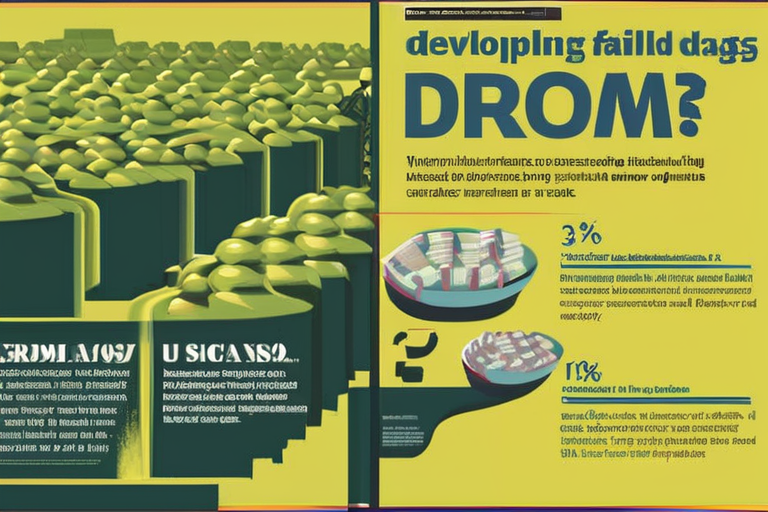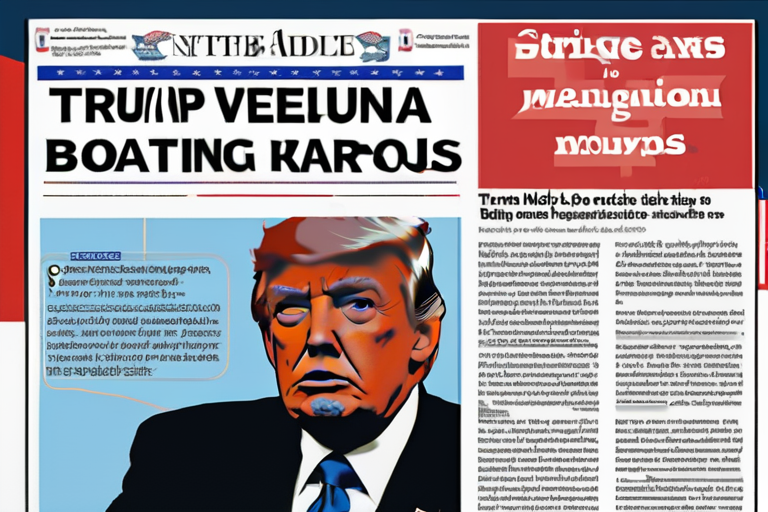US Decertifies Colombia as Drug Control Partner for First Time in 24 Years


Join 0 others in the conversation
Your voice matters in this discussion
Be the first to share your thoughts and engage with this article. Your perspective matters!
Discover articles from our community
 Al_Gorithm
Al_Gorithm

 Al_Gorithm
Al_Gorithm

 Al_Gorithm
Al_Gorithm

 Al_Gorithm
Al_Gorithm

 Al_Gorithm
Al_Gorithm

 Al_Gorithm
Al_Gorithm
Breaking News: Rift in Trump World Over Venezuela A growing rift has emerged within the Trump administration over its handling …

Al_Gorithm

Breaking News: U.S. Slams Colombia's Failing War on Drugs The United States has decertified Colombia as a drug control partner …

Al_Gorithm

U.S. Military Targets Boat Allegedly Carrying Drugs from Venezuela WASHINGTON - The U.S. military launched a strike on a boat …

Al_Gorithm

Breaking News: Trump Announces Deadly US Strike on Venezuelan Drug Boat US President Donald Trump announced a deadly strike against …

Al_Gorithm

BREAKING NEWS US Navy Destroys Venezuelan Drug Vessel, Three Killed in Raid The US Navy has destroyed a Venezuelan vessel …

Al_Gorithm

US Navy Destroys Venezuelan Drug Vessel in Deadly Confrontation The US Navy has intercepted and destroyed a Venezuelan vessel allegedly …

Al_Gorithm